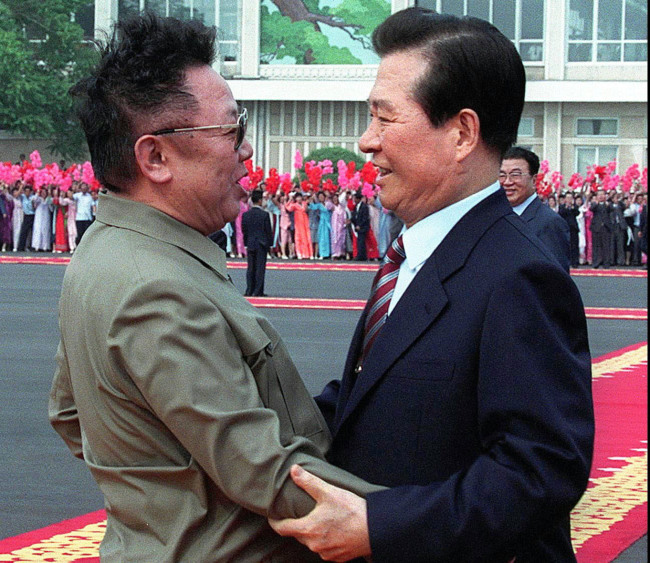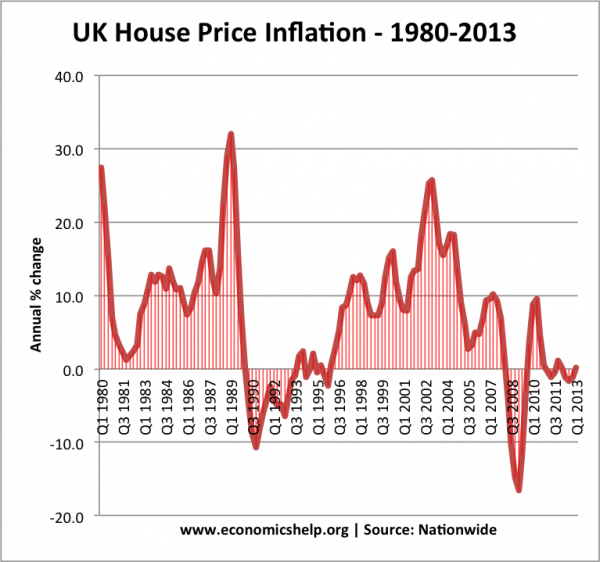

#Expansion of democracy in the world after 1980 full#
The country boasts one of Asia’s oldest democracies and the fulcrum of institutions and norms of representative democracy: free and fair elections, rule of law, full civil rights, and freedom of the press. Japan plays a central role in the endeavor to rekindle liberal internationalism. Japan’s credentials as a consolidated democracy matter more at a time of widespread democratic backsliding and the rising influence of an authoritarian economic behemoth like China. These tasks will undoubtedly face myriad obstacles.

Central to its governance project is a call for democratic renewal, both at home and abroad. The incoming Biden administration has pledged to reassert American leadership in addressing transnational challenges, shoring up multilateralism, and reinvesting in alliances.

Middle powers have doubled down on rules-based trade brokering large-scale agreements. Global supply chains have proven resilient and ensured that the world economy did not seize up with prolonged shortages of critical supplies. Asian democracies, leaning on the lessons learned from past infectious disease outbreaks, have demonstrated their ability to respond effectively to the current public health crisis without compromising civil liberties. Science, with the record-breaking development of vaccines, has offered us the truly viable strategy to overcome the pandemic. The challenges for the United States, long a paragon of the free world, are particularly poignant as the recent assaults by members of the losing party on the integrity of the presidential election outcome attest.Īt this critical juncture, it is nevertheless possible to build on positive trends. Not only have authoritarian governments perfected digital tools of social control, but populism has shaken the institutions of representative democracy in the West. Long gone are the days when liberal democracy looked ascendant. The U.S.-China rift has deepened, vaccine nationalism and economic mercantilism have reared their ugly heads, and the spirit of multilateral cooperation has at times appeared depleted. The international order has not fared much better. For many nations, COVID-19 has underscored the growing inequalities of opportunity and risk and the deep tears to the social fabric that confound whole-of-society responses. Government competence has been tested - and frequently found wanting - in the pressing tasks of outbreak control and long-term economic viability. The casualties of the COVID-19 pandemic keep mounting both in terms of lives lost and livelihoods shattered. IntroductionĪs the second decade of the 21st century drew to a close, the world order has been consumed by a vortex of change. These are diplomatic tracks that can find resonance with the Biden administration.

Japan has long pressed to include democracies in Asia’s regional architecture and to disseminate economic standards that tame corruption and curb digital protectionism, and it has cultivated deeper security cooperation with democracies that share strategic interests. Even though Washington and Tokyo have not historically aligned on a strategy of democracy promotion, they can coordinate efforts to ensure democratic resilience and the survival of the liberal order. Internationally, the United States and Japan share concerns about democratic recession and China’s coercive diplomacy.


 0 kommentar(er)
0 kommentar(er)
